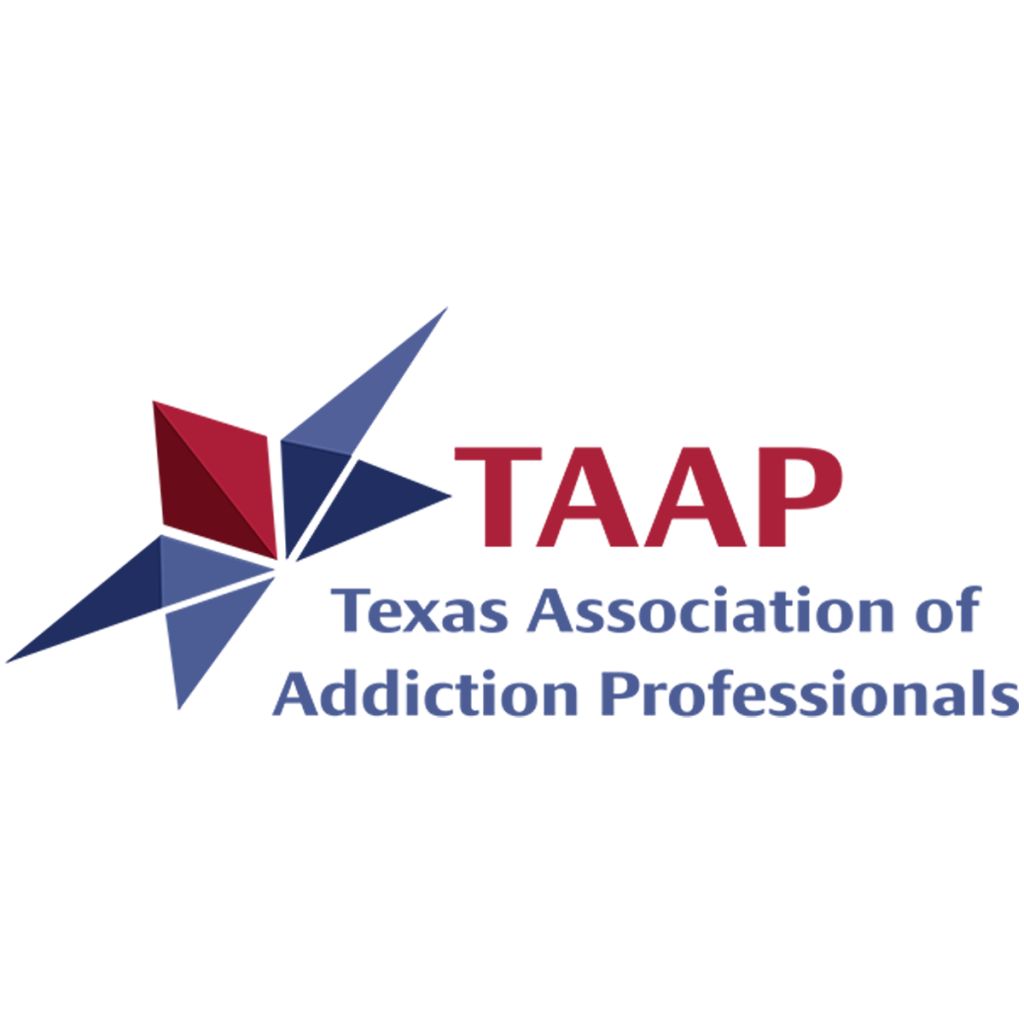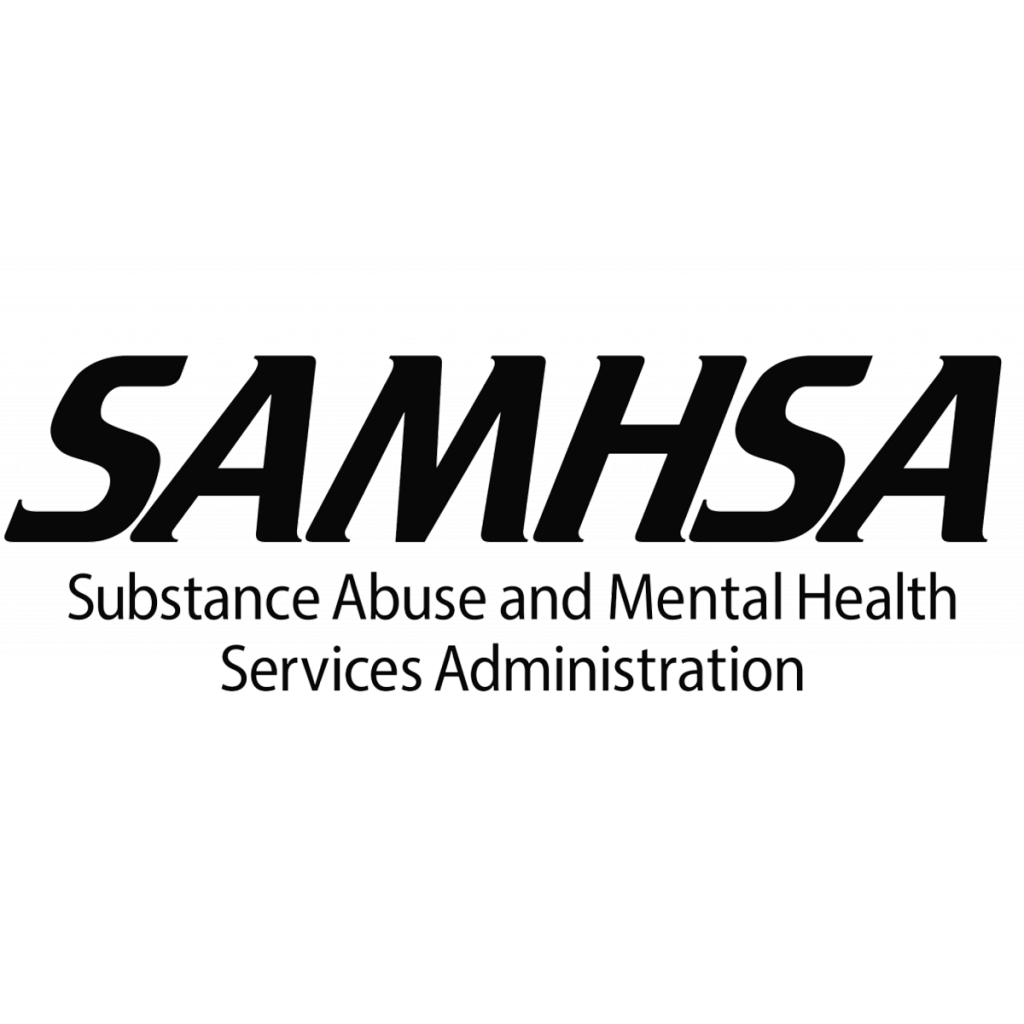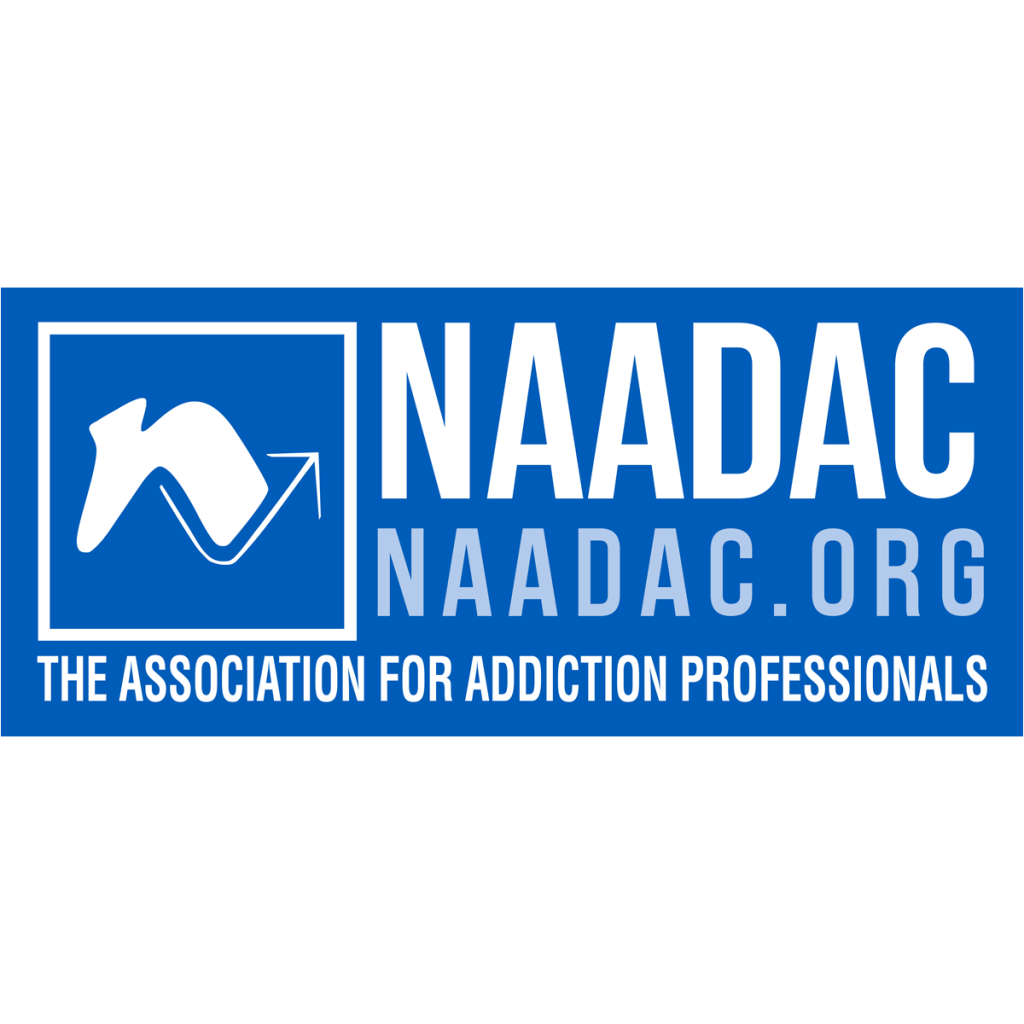Ritalin
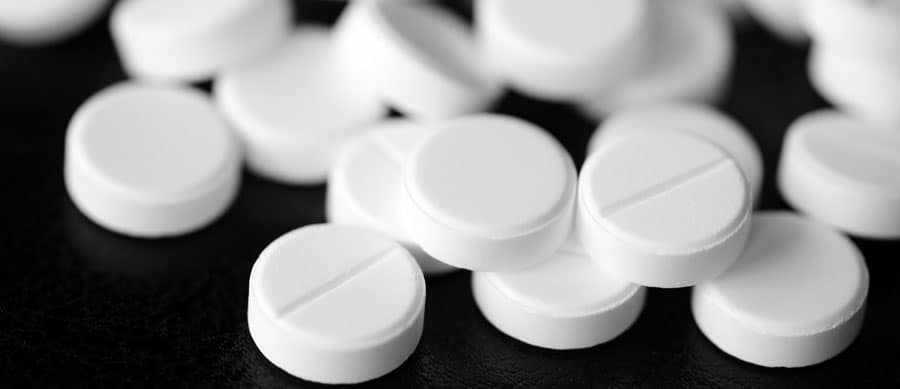
Methylphenidate (Ritalin) Addiction: Side Effects, Detox, Withdrawal, and Treatment

Table of contents
- What is Ritalin?
- Is Ritalin Addictive?
- Ritalin vs. Adderall: What’s the Difference?
- Slang for Ritalin
- How Common Is Ritalin Abuse and Addiction?
- What Are the Side Effects of Ritalin Abuse?
- What Are Common Signs and Symptoms of Ritalin Addiction and Abuse?
- What Are Ritalin Withdrawal Symptoms?
- Ritalin Detox
- Ritalin Withdrawal Timeline
- Treatment for Ritalin Addiction
- Inpatient Drug Rehab vs. Outpatient Drug Rehab for Ritalin Addiction
- Continued Care Options for Ritalin Addiction Treatment
What is Ritalin?
Ritalin is one of the brand names for the drug methylphenidate, which is a prescription stimulant that is used to treat attention deficit hyperactivity disorder (ADHD) and narcolepsy.1 It works by increasing the availability of the neurotransmitters dopamine and norepinephrine. Other brand names for methylphenidate include Concerta, Methylin, and Metadate.
Ritalin should only be used under the close supervision of a doctor and appropriate dosages will vary depending on the type of tablet taken (instant, sustained, or long-acting), the age of the patient, and the type of condition being treated.
Is Ritalin Addictive?
Yes, Ritalin can be highly addictive. When Ritalin is taken as prescribed and intended, it is an effective way to treat conditions like ADHD and narcolepsy because it can produce a calming effect while also increasing alertness and concentration. However, when it is abused, Ritalin can produce side effects similar to amphetamines and cocaine. As a result, it has a high potential for abuse and is a Schedule II federally controlled substance in the United States.
Ritalin vs. Adderall: What’s the Difference?
Adderall and Ritalin are very similar drugs, as they are both are central nervous system depressants. The main difference between the two drugs is that Ritalin’s effects are felt sooner and reach their peak more quickly than Adderall does. However, Adderall stays active in your body for four to six hours while Ritalin is only active for two to three hours.2
Slang for Ritalin
The following terms are street names or slang for Ritalin:3
- Kiddie coke
- Kiddie cocaine
- Diet coke
- Poor man’s cocaine
- R-ball
- Rids
- Skittles
- Smarties
- Vitamin R
How Common Is Ritalin Abuse and Addiction?
According to the 2018 National Survey on Drug Use and Health, an estimated 5.1 million people ages 12 or older abused stimulants like Ritalin in the past year. That’s about two percent of the entire U.S. population.4
Ritalin is most commonly abused by students, athletes, and professionals because it increases productivity. Since it is easily accessible, misuse of Ritalin is common and many students sell it or give it away to other students who may want to misuse it.
Most people who abuse Ritalin do so by taking larger or more frequent doses, using it without a prescription, snorting crushed Ritalin tablets, or dissolving the powder with water or alcohol before injecting it.
Since 1990, American production and consumption of Ritalin have drastically increased. In fact, America produces and consumes 85 percent of the world’s supply of Ritalin and it continues to be a commonly abused drug in the U.S. today.5
What Are the Side Effects of Ritalin Abuse?
If you abuse Ritalin in the various ways described above, you are much more likely to experience negative side effects, including:6
- Anxiety
- Chest pain
- Headache
- Confusion
- Seizures
- Headache
- Agitation
- Fatigue
- Paranoia
- Vomiting
- Nausea
- Suppressed appetite and weight loss
- Respiratory depression
- Panic attacks
- Nervousness
- Agitation
- Hypersensitivity
- Hallucinations
- Tolerance
- Addiction
[sc name=”phoneinsurancecta”]
What Are Common Signs and Symptoms of Ritalin Addiction and Abuse?
Some signs of Ritalin abuse may include:
- Seeing multiple doctors to get several Ritalin prescriptions
- Faking symptoms to get Ritalin
- Taking Ritalin more frequently or for longer than necessary
- Taking larger doses of Ritalin than prescribed
- “Losing” Ritalin prescriptions
Some common signs of Ritalin Addiction may include:7
- Wanting to cut back on Ritalin use but being unable
- Needing larger or more frequent doses of Ritalin to feel the same effects
- Spending a lot of time getting Ritalin, using it, or recovering from Ritalin use
- Having cravings for Ritalin
- Being unable to manage personal commitments due to Ritalin use
- Continuing to use Ritalin even when it causes problems in relationships
- Foregoing important activities and hobbies due to Ritalin use
- Continuing to use Ritalin even when it results in physical danger to oneself or others
- Experiencing withdrawal symptoms when the effects of Ritalin wear off
What Are Ritalin Withdrawal Symptoms?
Once you become addicted to Ritalin, it can be very difficult to stop using it without help due to the onset of physical and psychological withdrawal symptoms. Ritalin withdrawal symptoms include:8,9
- Anxiety
- Chills
- Feeling jittery
- Delayed movements
- Irritability
- Hallucinations
- Depression
- Fatigue
- Paranoia
- Increased appetite
- Memory problems
- Insomnia
- Strong cravings
- Muscle aches
Ritalin Detox
If you’re addicted to prescription stimulants like Ritalin, it is highly recommended that you get professional help when trying to get sober. This is because Ritalin withdrawal symptoms can be extremely uncomfortable and may even become life-threatening. The psychological symptoms of Ritalin detox, in particular, (such as depression) can become very severe which can lead to relapse, violent behavior, or even suicidal behaviors if you try to quit without professional support.
Additionally, people with co-occurring mental disorders or substance use disorders may also experience more severe Ritalin withdrawal symptoms. Fortunately, doctors and nurses at a drug detox center know how to treat and manage these symptoms to keep clients safe throughout withdrawal. A Ritalin detox program also provides personalized recommendations for ongoing treatment after detox to help clients achieve lasting sobriety.
Quitting Ritalin cold turkey may seem like the answer but it is highly discouraged, as it can cause severe withdrawal symptoms and you are much more likely to relapse without support.
Ritalin Withdrawal Timeline
Ritalin withdrawal symptoms and their severity can vary from person to person, depending on factors like:
- How long the person used Ritalin
- The person’s typical dosage of Ritalin
- How frequently the person used Ritalin
- The person’s overall health condition
- The extent of the person’s tolerance
Each person’s experience with Ritalin withdrawal will be different, but below is a general timeline of symptoms that can be expected.
| Up to 72 hours after the last dose | During the first few days of Ritalin detox, you are likely to feel very tired, sad, irritable, and anxious during this time. You may also experience cravings for Ritalin, difficulties sleeping, nausea, and irregular heartbeat. |
| 4 to 7 days after the last dose | Withdrawal symptoms during this portion of Ritalin detox can vary in intensity but often include depression, mood swings, exhaustion, anxiety, and increased appetite. |
| 3 weeks after the last dose | Cravings typically fade by this time but some Ritalin withdrawal symptoms may linger, such as trouble sleeping, which can also have emotional effects. This should subside about a month after completing Ritalin detox. |
Treatment for Ritalin Addiction
The treatment process for Ritalin addiction will vary from person to person, especially if you have been taking Ritalin from a young age. Additionally, if you have ADHD, finding another way to manage your disorder will be an essential part of the recovery process.
Detoxing is an important first stage of the addiction treatment process, but continued support and treatment are necessary for a full recovery. Ritalin addiction treatment often includes several episodes of treatment, including detox, residential or outpatient rehab, sober living, and/or an aftercare program.
A long-term addiction treatment process like this allows for a generous amount of time to heal and recover both physically and emotionally. Long-term Ritalin rehab also provides extended professional support to help you deal with the challenges of early recovery, such as cravings, high-risk situations, and cultivating healthy relationships.
Whether you use Ritalin recreationally, to improve your performance at work or physically, or to manage your ADHD, a Ritalin rehab program can help you address the root causes of your addiction. A Ritalin treatment program can also help you develop new, healthy habits and participate in group and individual counseling in a safe, supportive atmosphere.
A rehab program for Ritalin addiction may include some or all of the following aspects of evidence-based treatment:
- Group counseling
- Individual counseling
- Family counseling/workshops
- Educational lectures
- 12-Step Program, SMART Recovery, or similar recovery meetings
- Group exercise
- Life skills development
- Music therapy
- Art therapy
This type of Ritalin treatment is intended to provide a comprehensive program that addresses a wide range of contributing factors for substance use disorders. Instead of just treating the substance abuse itself, it’s ideal to attend a Ritalin treatment program that encompasses a whole-person approach, which is more likely to produce long-lasting life changes.
Inpatient Drug Rehab vs. Outpatient Drug Rehab for Ritalin Addiction
Residential Ritalin rehab and outpatient Ritalin rehab are two primary options for Ritalin addiction treatment after detox. Below is a brief comparison of these two types of treatment, but an addiction treatment professional can help you determine which type of Ritalin rehab is right for you.
|
In residential rehab, clients:
|
In outpatient rehab, clients:
|
If you’re addicted to Ritalin, you may also consider enrolling in both types of Ritalin treatment programs for a longer, more comprehensive addiction treatment experience. Studies show that the longer you remain in treatment, the better your chances are for sustaining your sobriety.
While cost can often be a barrier to treatment, most addiction treatment providers offer several different forms of payment to help reduce the financial burden of Ritalin rehab, including:
- Health insurance benefits
- Employee Assistance Programs (EAP)
- Financed healthcare loans
- Medical credit cards
- Crowdfunding
- HSA funds
Continued Care Options for Ritalin Addiction Treatment
After drug rehab, additional Ritalin treatment options like sober living programs and aftercare can help you sustain your sobriety and prevent relapse. Depending on your circumstances and needs, addiction treatment professionals may recommend one or more of the following options.
Sober Living Programs
Sober living programs are ideal for people who have just completed a residential Ritalin rehab program, are currently enrolled in IOP, or who do not have a stable sober living environment. A sober living home is a transitional living space that provides a safe, sober, and supportive environment for people in recovery.
Sober living homes are gender-specific and are most often furnished so residents are only required to provide their food and personal products. The social support offered is a powerful motivator to stay sober and the structure of daily life in a recovery residence helps residents establish healthy routines and habits while they apply the lessons learned in rehab.
Many sober living programs also offer recovery support services to help residents with the transition from rehab to independent living, such as:
- Peer recovery support
- Regular drug and alcohol testing
- Individualized recovery programming
- Educational planning
- Employment assistance
- Volunteer placement
The cost of a sober living program will vary depending on several factors, such as where the sober living home is located, what type of housing it provides, its amenities, and any recovery support services offered.
Aftercare Programs
Aftercare programs are designed for rehab alumni or people who have been sober for several weeks, months, or years but need additional support. These groups consists of a series of weekly meetings that provide a safe and supportive space for discussion.
Groups provide social support, learning opportunities, and clinical support for people in recovery who are facing challenging circumstances or who need help adjusting to sober life after rehab.
If you’re addicted to prescription stimulants like Ritalin, all hope is not lost. There are many different types of Ritalin treatment programs that can help you stop using for good and start living a life you can be proud of. Call (512) 605-2955 to speak with an admissions specialist at Nova Recovery Center today for more information.
References:
- https://www.drugs.com/ritalin.html
- https://www.healthline.com/health/adhd/adderall-vs-ritalin
- https://www.drugfreeworld.org/drugfacts/ritalin.html
- https://www.samhsa.gov/data/report/2018-nsduh-annual-national-report
- https://www.pbs.org/wgbh/pages/frontline/shows/medicating/drugs/stats.html
- https://www.ncbi.nlm.nih.gov/pmc/articles/PMC181133/
- https://www.ncbi.nlm.nih.gov/pmc/articles/PMC5525418/
- https://teens.drugabuse.gov/drug-facts/prescription-stimulant-medications-amphetamines
- https://www.ncbi.nlm.nih.gov/pmc/articles/PMC4082429/
Nova Recovery Center offers a large range of substance abuse treatment services: detox, residential, outpatient and sober living.
Treatment Options
Treatment Locations
Call Us Now and Begin Healing at (512) 605-2955
Or text us and we will call you right back.
Not quite ready for a call? You can fill out the form below.
What Makes Us Different
- Gender-specific treatment
- Evidenced-based treatment
- 12-Step immersion
- 90-day residential treatment
- Family program
- Full continuum of care
- Insurance and private pay
100% Confidential Guarantee
Confidential Consultation
Nova Recovery Center is dedicated to helping you or your loved one get help. Please call or fill out this form for a confidential consultation.
One of our understanding, dedicated advisors will contact you about your options. Begin healing today.
Nova Recovery Center is dedicated to helping you or your loved one get help. Please call or fill out this form for a confidential consultation. One of our understanding, dedicated advisors will contact you about your options. Begin healing today.


